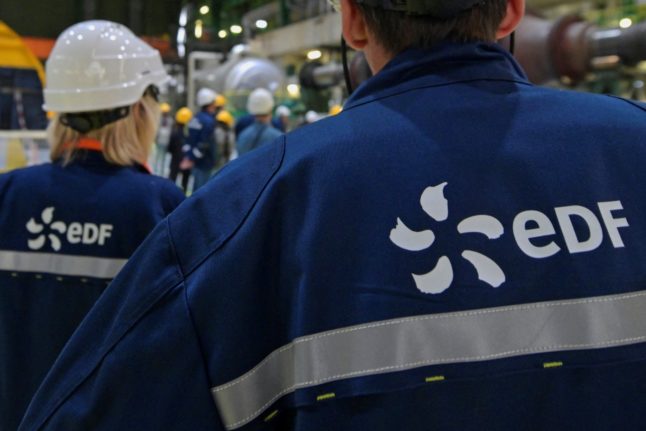Take heart, however – following a few key pieces of advice can save you time, money and heartache, not to mention massive bills. Together with the German power supplier for internationals, Ostrom, we explain how to get connected in Germany, without breaking the bank.
Learn more about Ostrom, the German energy provider that works entirely in English
Plugging in
The good news is, you don’t have to pick an energy provider before you move into an apartment. You will automatically be supplied by the default supplier for the city or region where you live, known as the Grundversorger (‘basic provider’). While this is one less thing to worry about upon moving in to your new home, a few months down the line you might find that you’re paying far more than you should be.
This is why shopping around for a new energy provider is such a good idea. With over a thousand providers across the nation, competition for your custom is fierce. Comparison sites exist, but they sometimes miss some of the best deals. A little hands on research will be much more beneficial.
Once you’ve picked your supplier, it’s worth continuing to compare prices every year, as the market can fluctuate wildly, and new providers are appearing on the market all the time. It’s worth keeping your options open!
Bear in mind that some providers will have a minimum contract period. While there are provisions under German law under which you can cancel, this usually involves lots of faxing and posting forms. There are very few fully digital options out there.
Something else to consider is that a lot of providers will offer a one-time bonus upon signing a contract. This is usually a considerable discount applied across the first year – tempting! However, stay with that provider longer than a year and you’ll see considerable price hikes to make up for it.
Powering up
One thing that might seem strange when dealing with a German power supplier, is that you will prepay for power. Either you or your power supplier will estimate the amount of electricity you use over the course of a year, and you will be billed at regular intervals, depending on your supplier.
This has some benefits. If you use less power than estimated, you will get a rebate at the end of the year. This can be a very nice surprise. However, if you exceed this estimation, you will receive a Nachzahlung (‘after payment’), a demand to pay the difference. In any case, it is a very good idea to regularly monitor your power usage, which can be found on your Stromzähler (meter), which is usually in the basement of your home or apartment block.
You may discover that Germans use power differently to those from other countries. Relatively few Germans have a clothes dryer, for instance, and almost none have air conditioning in their home. This is is because German houses and apartments are generally designed to stay cool in summer, warm in winter, and be well ventilated. If you’re used to using these kind of appliances, you may find that your electricity bills soon become quite large. Moreover, your German friends may scoff!
It may take some getting used to, but a clothes drying rack from Tedi or Aldi, or a basic box fan, will end up saving you a considerable amount of money in the long run. Consider it an investment in your future adventures, exploring all that Germany has to offer.
Making the (right) switch
Many German electricity providers love nothing more than swamping you with legal documentation and complex German that even some C1-level students struggle with. If you’re looking to avoid the stress of wading through the fine print, consider switching to Ostrom, the energy provider specifically created with internationals in mind. No sneaky price hikes, no cancellation fees, just an energy provider working for you.
Ostrom is entirely digital, app-based and entirely in English – no fiddly German terms to deal with. Live assistance from English-speaking operators is available, and you’ll never have to be searching through piles of paperwork to find important information.
Using the app you can upload meter readings to keep track of your usage, and view and change your monthly payments accordingly. You can cancel any time, and come back without penalty. In a country that prides itself on paperwork, that’s a real game changer!
Ostrom not only aims to make life easier for you, but it’s also 100 percent green. They’ve signed with a solar plant in Maßbach so you can be sure your electricity is truly green, and you can even point to where it comes from on a map. If the excellent customer service and easy-to-use app weren’t enough, you can rest assured that you’re helping Germany transition away from fossil fuels, and minimising your carbon footprint in the process!





 Please whitelist us to continue reading.
Please whitelist us to continue reading.
Member comments